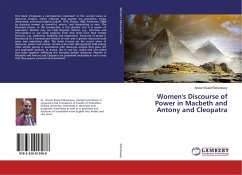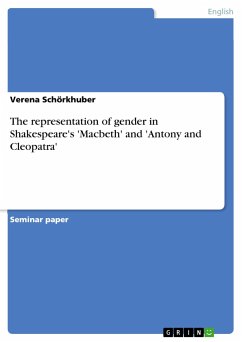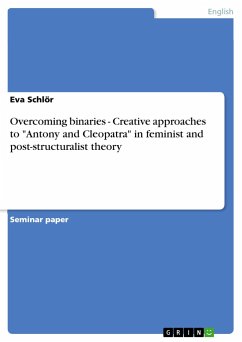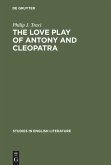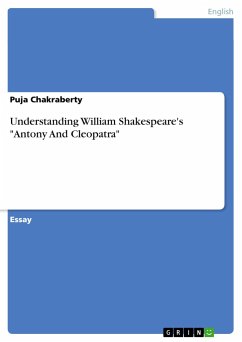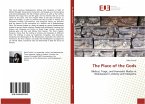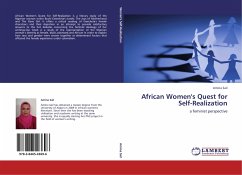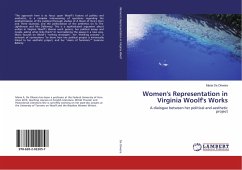This book introduces a contradictory statement to the current views in discourse analysis, which indicates that women are powerless, trivial, dominated, and sexual objects (Lakoff, 1975; Chaika, 1982; Andersen, 1988) by showing women as powerful, serious, and dominating as men. The intended power, in this perspective, is not physical, but it is power of expression. Women may use male linguistic devices, e.g., directives and interruptions or use some exclusive tools that stem from their female features, e.g., politeness, flexibility, and negotiation. Discourse of power is introduced as a nonexclusive feature of men and a generic discourse both sexes may experience alike. The book focuses on the recent views of discourse, power and women. Drama is the most distinguished field among other artistic genres in accordance with discourse analysis that gives rich and applicable medium. In drama, like in real life, verbal and non-verbal acts come together reflecting the everyday spoken discourse. Women in Macbeth and Antony and Cleopatra are presented exclusively in such a way that they appear powerful and dominant.
Bitte wählen Sie Ihr Anliegen aus.
Rechnungen
Retourenschein anfordern
Bestellstatus
Storno

